GOTY 2018
This is meant to be a companion piece for the awards blog I usually create, but I'm running a little behind with that so I'm tossing this list up early. This is not a final definitive ranking, as I intend to keep playing the many excellent games released this year in 2019 and beyond, but at least currently serves as ten games I would happily recommend to people (for the most part). This is assuming they don't have all the same hang-ups and weird neuroses about specific games on this list that I do, and are simply looking for ideas on worthwhile ways to spend their time.
Look forward to a more comprehensive (though still limited to ten games from 2018, since that's all I played) blog on 2018 when I start giving out awards with little cartoon people, as is the tradition around these parts.
(The aforementioned awards blog, fashionably late.)

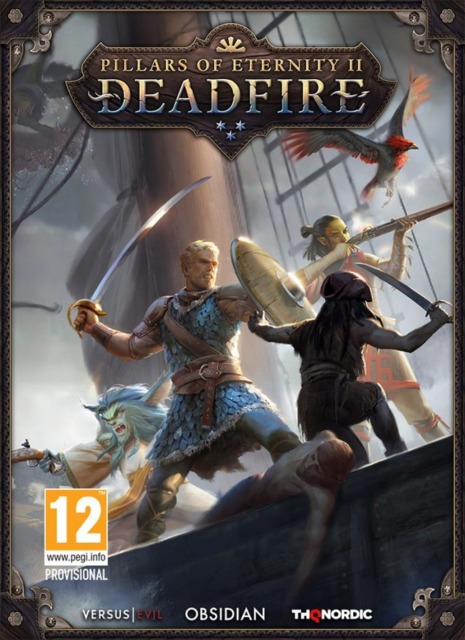
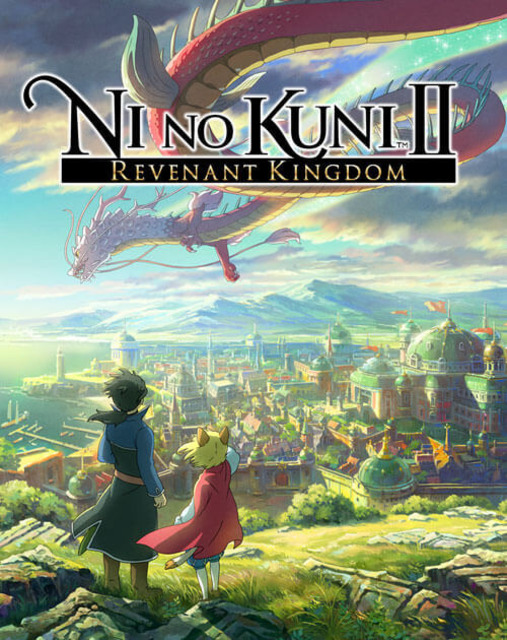
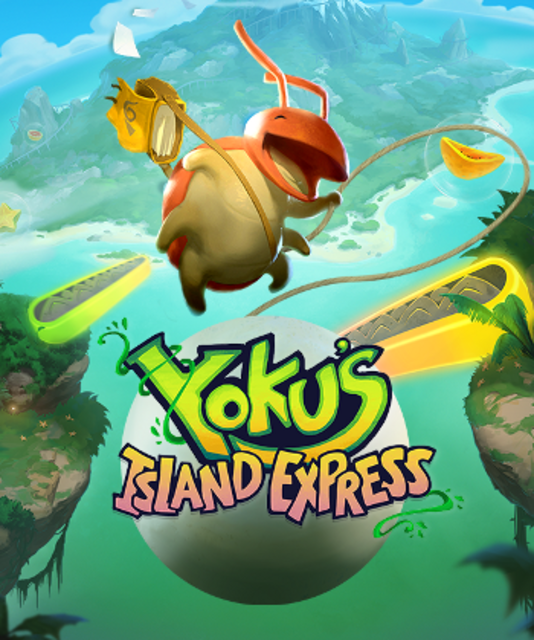

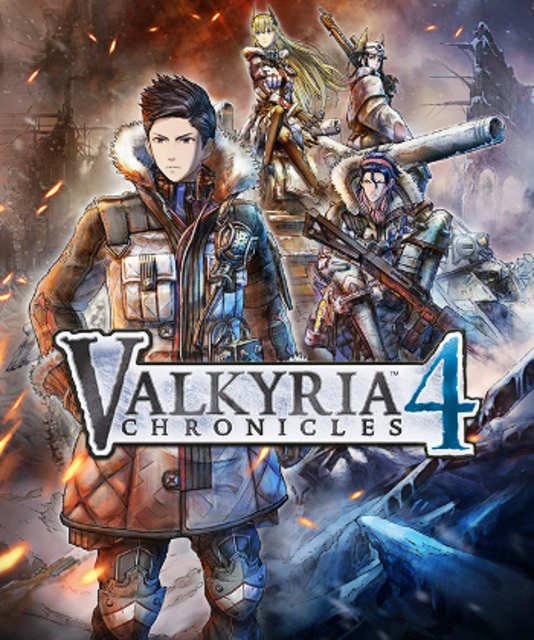
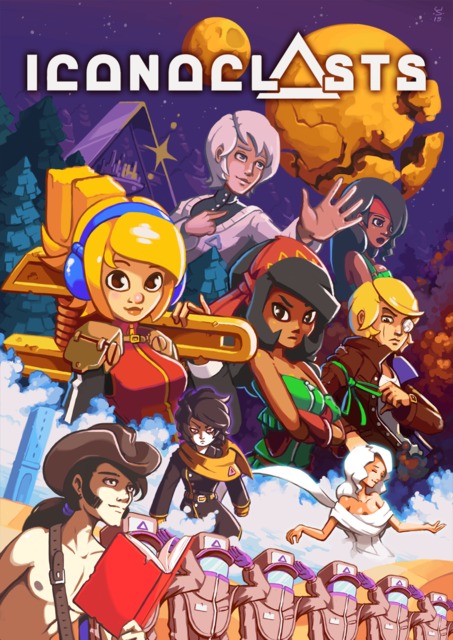
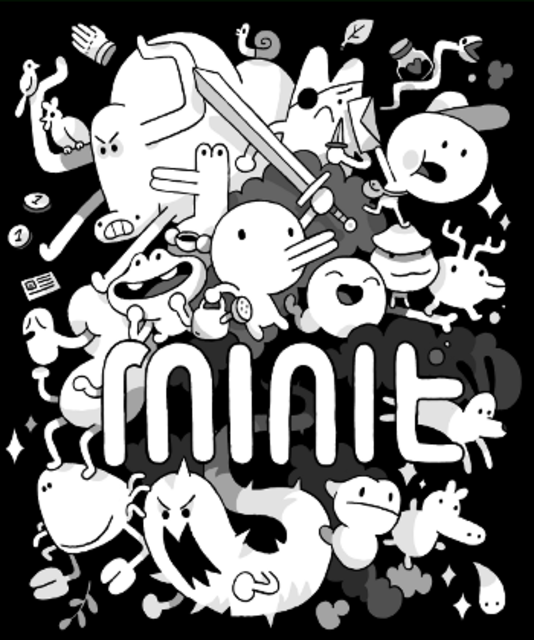
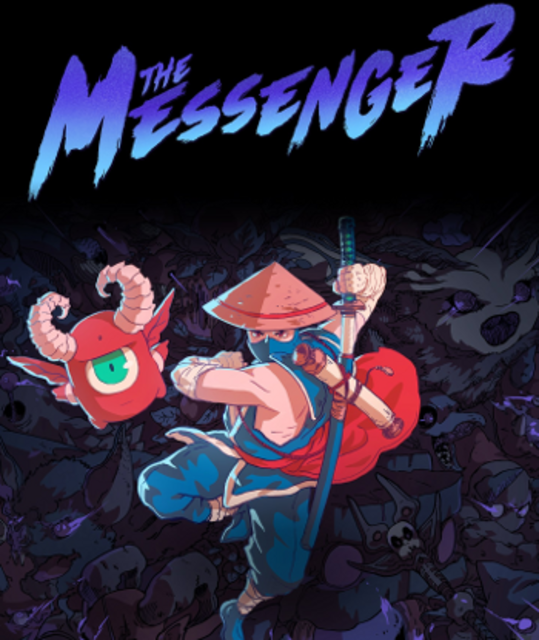
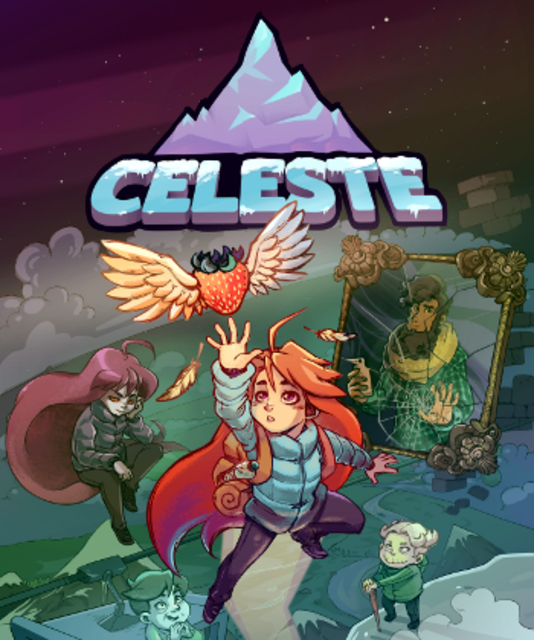
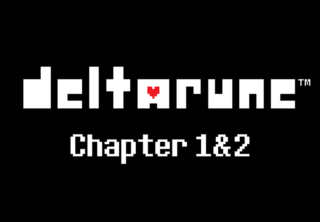
9 Comments